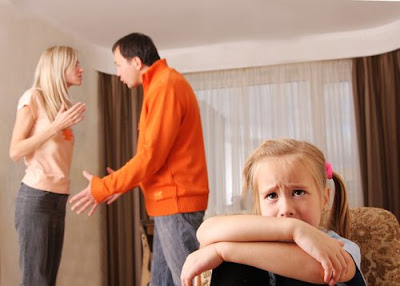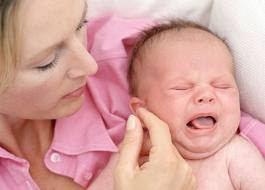GladChild: Kangaroo method for premature babies has been found since 1983 and is useful for treating babies born with low weight, both during hospitalization and at home.
Kangaroo method premature babies is able to provide basic needs of infants with low birth weight, the way through the supply situation and a condition similar to the mother's womb, thus providing opportunities to adapt better to the outside world. Kangaroo method is also much loved baby and is beneficial because it can provide a sense of safety, comfort, strengthen the instinct to feel the baby's heartbeat and her mother searched for his own nipples.
Kangaroo method can be performed two weeks after birth, and infant following criteria that can do the kangaroo care method:
Kangaroo method premature babies is able to provide basic needs of infants with low birth weight, the way through the supply situation and a condition similar to the mother's womb, thus providing opportunities to adapt better to the outside world. Kangaroo method is also much loved baby and is beneficial because it can provide a sense of safety, comfort, strengthen the instinct to feel the baby's heartbeat and her mother searched for his own nipples.
Kangaroo method can be performed two weeks after birth, and infant following criteria that can do the kangaroo care method:
- Most babies with more or less weight 2000 g.
- Babies who do not have accompanying disorders or diseases, as well as reflex and coordination of suck and swallow well may also undergo this method.
- Infants should have a good progress during his stay in the incubator.
- Preparedness and participation of parents will be very supportive in the success of the kangaroo method.
The benefits of kangaroo care premature babies using this method, among them:
- Stabilizes body temperature, heart rate and breathing
- Improve maternal-child emotional relationship
- Improved growth and weight babies better
- Babies do not stay long to cry
- Improving the emotional state of mothers and babies
- Increasing milk production
- Reduce the risk of infection during the hospitalization
- Shorten the period of hospitalization
Here are the steps in conducting a kangaroo method:
- Give your baby clothes, hats, diapers and socks that have been warmed first.
- Place the baby on your chest, in an upright position and in direct contact with your skin. Make sure the baby's head is fixed on your chest. Position your baby with the elbow and legs bent, head and chest located on your chest with your head slightly up. You can also wear a shirt with a large size so that the baby can be placed between the breasts and then clothes were held together. Wear a scarf wrapped around your stomach so the baby does not fall.
- If it can not support the baby's clothes, you can use a towel or large cloth which is elastic or bags that are specially made to keep the baby's body.
- During this kangaroo method, you can still move freely, can move freely while standing, sitting, walking, eating and chatting. But be sure, while sleeping, you half-sitting position or put some pillows behind your back.
- If you are tired, this method can be done also by the father or someone else.
- Consider the preparation of the mother, baby, the baby, infant monitoring, breastfeeding way, and the cleanliness of the mother is also her baby.
This method can be applied until the baby does not want to undergo this kind of treatment again or usually around the age of 36 weeks because the baby is big. And in this age, the doctor will examine the retina so that blindness can be prevented, ears, bones, and vaccination, but usually wait until the baby weighed about 2 kg.
The doctor will also check the number and timing of drinking baby, such as ad labium or in the baby's ability to drink milk approximately 180-200 ml/kg/day. Then check the baby's weight gain, a minimum of 20-30 grams or about 2 ounces a week and monitor its growth.
After the results showed good conditions coupled with increasing weight, the premature baby is already to be treated at home and grow like any other normal baby. If you are still confused about grammar-how care of premature infants with the kangaroo method for premature babies, you can dig deeper from the doctor or the parties with experience in the kangaroo method.
The doctor will also check the number and timing of drinking baby, such as ad labium or in the baby's ability to drink milk approximately 180-200 ml/kg/day. Then check the baby's weight gain, a minimum of 20-30 grams or about 2 ounces a week and monitor its growth.
After the results showed good conditions coupled with increasing weight, the premature baby is already to be treated at home and grow like any other normal baby. If you are still confused about grammar-how care of premature infants with the kangaroo method for premature babies, you can dig deeper from the doctor or the parties with experience in the kangaroo method.



































